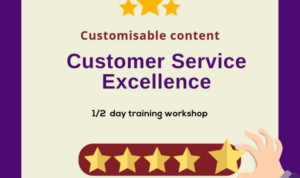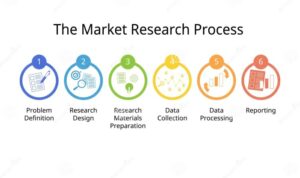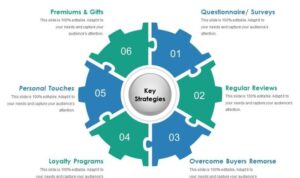Event Planning for Brands sets the stage for unforgettable experiences that elevate brand presence and leave a lasting impact on audiences. Dive into the world of strategic planning and creativity in brand events, where every detail matters.
From setting clear objectives to maximizing ROI, this guide delves into the essentials of successful brand event planning that can transform a brand’s image and reputation.
Importance of Event Planning for Brands
Event planning plays a crucial role in building brand awareness and connecting with target audiences. Well-executed events have the power to enhance a brand’s image and reputation, leaving a lasting impression on attendees. Let’s delve into how successful brand events have positively impacted companies.
Enhancing Brand Image and Reputation
Events provide a platform for brands to showcase their identity, values, and products/services in a tangible and memorable way. By carefully planning every aspect of an event, from venue selection to guest experience, brands can create a unique and immersive environment that resonates with attendees. This attention to detail helps in shaping a positive perception of the brand, leading to increased trust and loyalty among consumers.
- Hosting exclusive product launches or unveiling events can generate excitement and buzz around a brand, creating anticipation among consumers.
- Organizing engaging brand experiences, such as pop-up shops or interactive workshops, allows brands to foster meaningful connections with their target audience.
- Partnering with influencers or celebrities to attend brand events can help in reaching a wider audience and associating the brand with credibility and relevance.
Successful Brand Events Examples
Some notable examples of successful brand events include:
- Apple’s Keynote Events: Apple’s product launch events are highly anticipated and meticulously planned, creating a sense of exclusivity and innovation around the brand.
- SXSW Festival Activations: Brands like Spotify and HBO have leveraged the SXSW festival to engage with attendees through immersive experiences and interactive installations.
- Nike’s “Just Do It” Anniversary Celebration: Nike celebrated the 30th anniversary of its iconic slogan with a series of events, including athlete appearances and limited-edition product releases, reinforcing the brand’s commitment to athleticism and inspiration.
Strategies for Successful Brand Event Planning
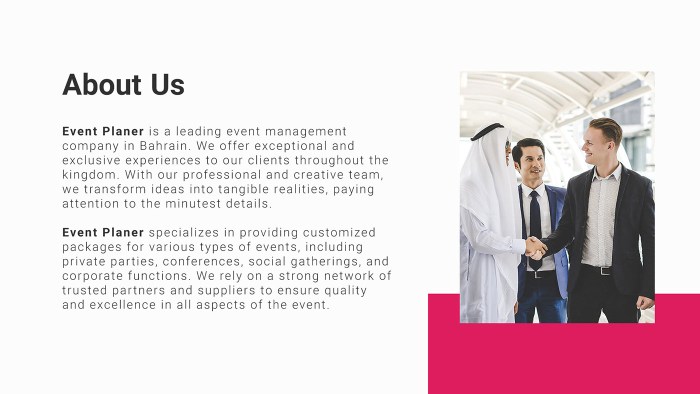
When it comes to planning a brand event, there are several key strategies that can help ensure its success. From setting clear objectives to understanding your target audience, every detail matters in creating a memorable and impactful event for your brand.
Setting Clear Event Objectives Aligned with Brand Goals
It is crucial to define clear and specific objectives for your brand event that are in line with your overall brand goals. Whether you aim to increase brand awareness, drive sales, or foster customer loyalty, having well-defined objectives will guide all aspects of event planning and execution.
- Identify the purpose of the event and what you hope to achieve.
- Set measurable goals that align with your brand’s overall strategy.
- Ensure that all event activities and elements are designed to support these objectives.
Understanding the Target Audience, Event Planning for Brands
Knowing your target audience inside and out is key to planning a successful brand event. Understanding their preferences, interests, and behaviors will help you tailor the event experience to resonate with them and create a meaningful connection with your brand.
- Conduct thorough research to identify your target audience demographics and psychographics.
- Create audience personas to better understand their needs and preferences.
- Use this knowledge to personalize the event experience and make it relevant to your attendees.
Selecting the Right Venue, Theme, and Activities
Choosing the perfect venue, theme, and activities for your brand event is essential in creating a cohesive and memorable experience for attendees. These elements should reflect your brand identity and values while also engaging and resonating with your target audience.
- Consider the location, ambiance, and capacity of the venue to ensure it aligns with your brand image.
- Select a theme that is relevant to your brand and appeals to your target audience’s interests.
- Curate engaging activities and experiences that tie back to your brand message and objectives.
Budgeting and Financial Considerations for Brand Events
Setting a realistic budget for brand events is crucial to ensure the success of the event while maximizing ROI and measuring financial success. Without proper budgeting, brands may overspend, leading to financial strain and potentially impacting the overall success of the event.
Cost-effective Ways to Plan and Execute Successful Brand Events
- Utilize sponsorships and partnerships to offset costs and increase budget flexibility.
- Consider alternative venues or virtual event options to reduce venue expenses.
- Negotiate with vendors for discounts or package deals to save on event essentials.
- Limit unnecessary expenses and focus on key elements that align with brand objectives.
Strategies for Maximizing ROI and Measuring Financial Success of Brand Events
- Set clear goals and KPIs to track the success of the event in relation to the budget allocated.
- Implement post-event surveys or feedback mechanisms to gather data on attendee satisfaction and overall event impact.
- Analyze financial reports and compare actual expenses to budgeted amounts to identify areas for improvement in future events.
- Calculate ROI by measuring the financial outcome against the initial investment, taking into account both tangible and intangible benefits.
Marketing and Promotion for Brand Events: Event Planning For Brands
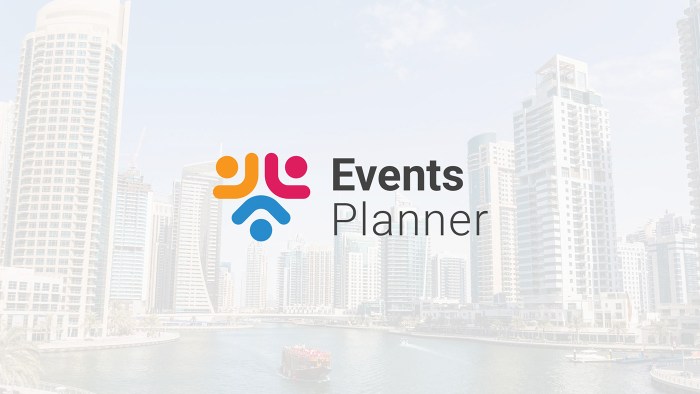
Marketing plays a crucial role in creating buzz and driving attendance for brand events. It is essential to effectively promote the event to ensure maximum reach and engagement with the target audience.
Leveraging Social Media
- Utilize popular social media platforms such as Facebook, Instagram, Twitter, and LinkedIn to create event pages and share engaging content.
- Collaborate with influencers or brand ambassadors to reach a wider audience and generate excitement.
- Use targeted ads and sponsored posts to reach specific demographics and increase event visibility.
Other Marketing Channels
- Send out personalized email invitations to your mailing list and encourage RSVPs for the event.
- Partner with local businesses or organizations to cross-promote the event and tap into their customer base.
- Create visually appealing flyers, posters, and banners to promote the event in the local community.
Innovative Marketing Strategies
- Host a teaser campaign leading up to the event to build anticipation and excitement among attendees.
- Organize contests or giveaways on social media to encourage engagement and attract more attendees.
- Implement gamification elements during the event to enhance the overall experience and encourage social sharing.

